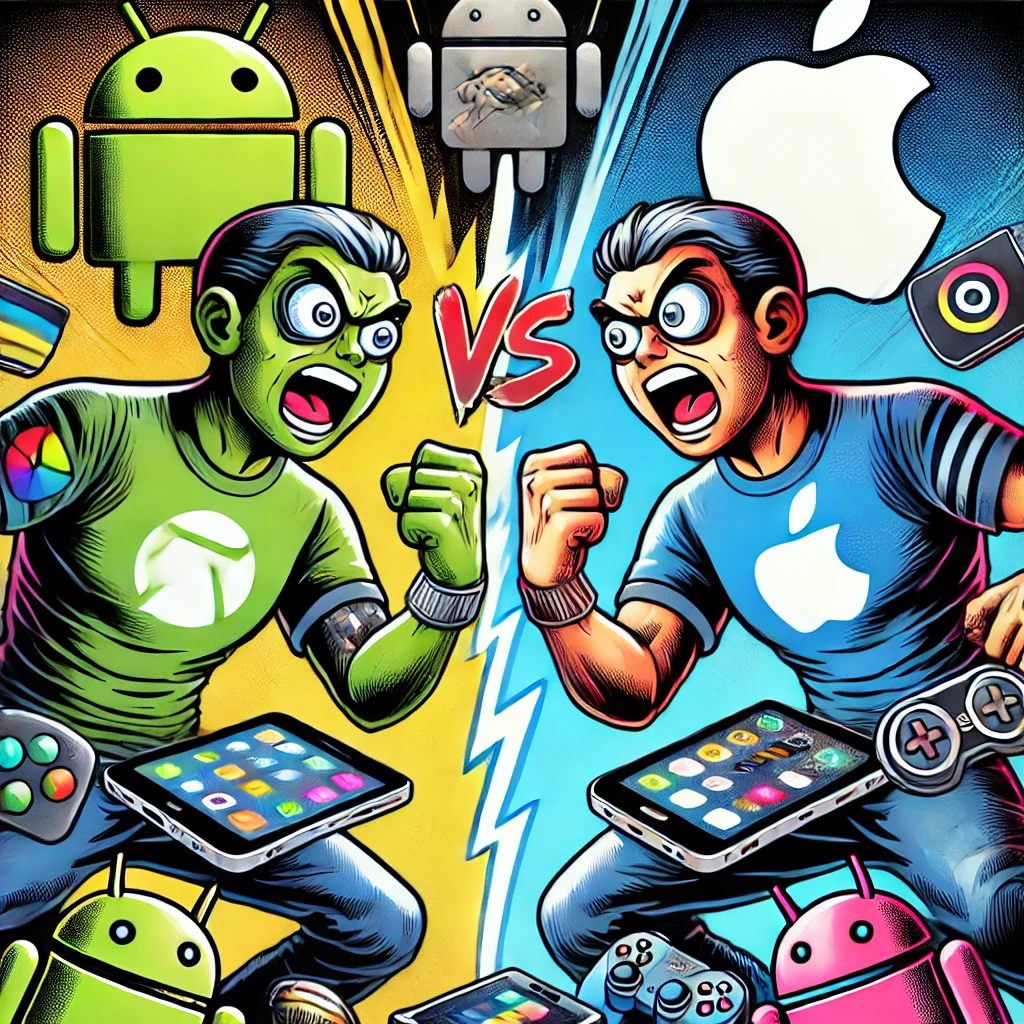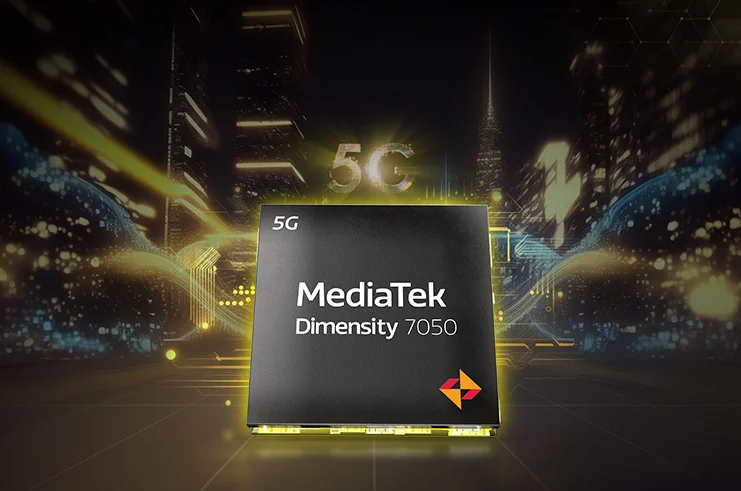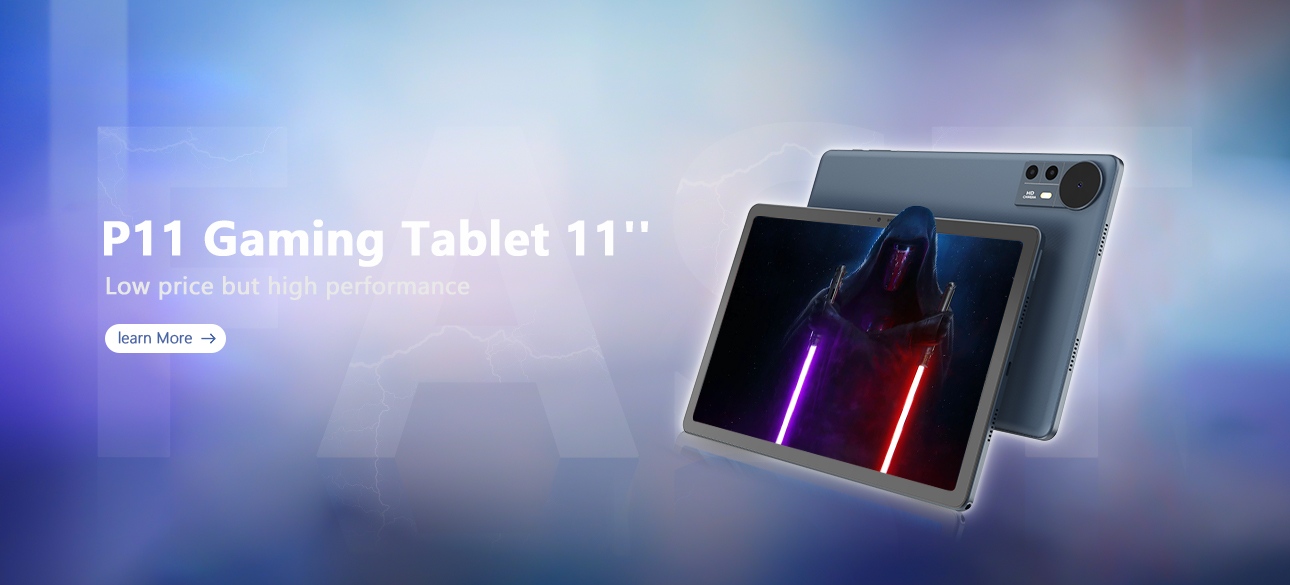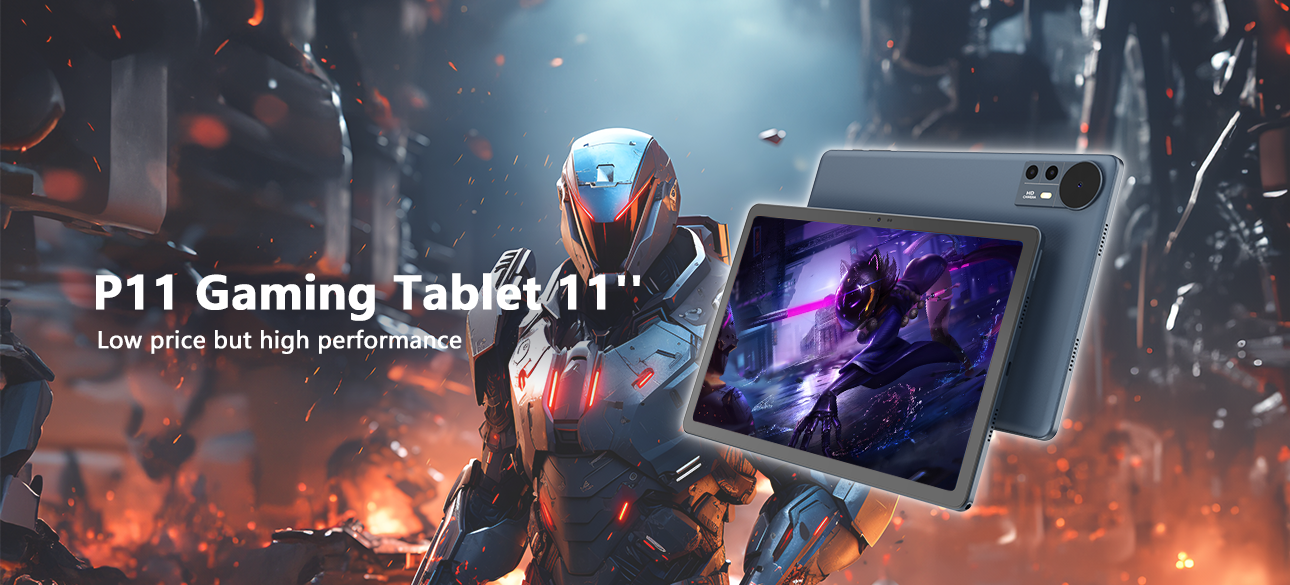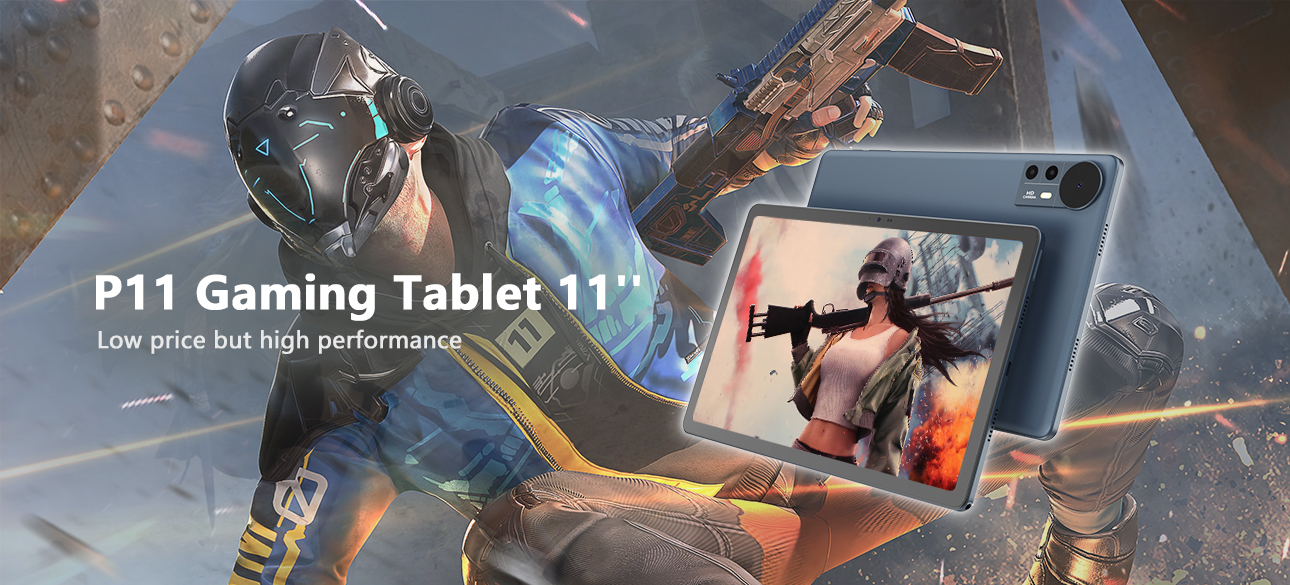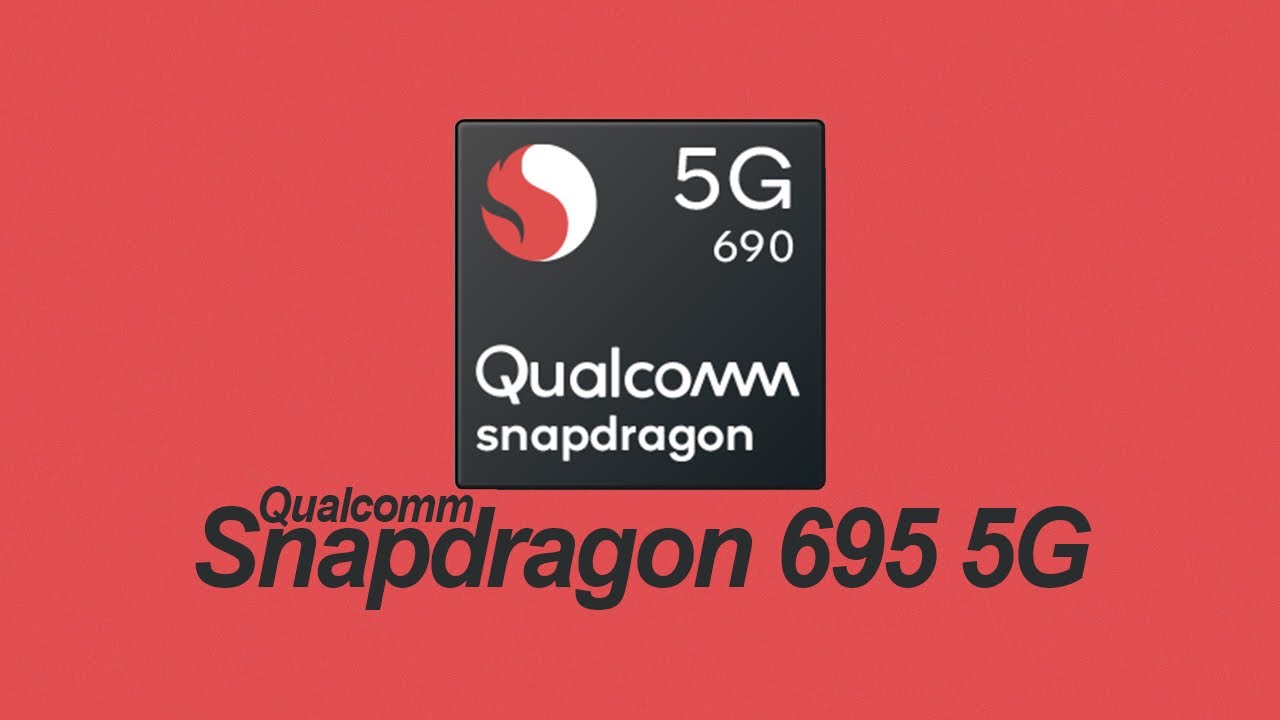- Explore
- Blog
- Which OS is better for gaming, Android or iOS?
Which OS is better for gaming, Android or iOS?
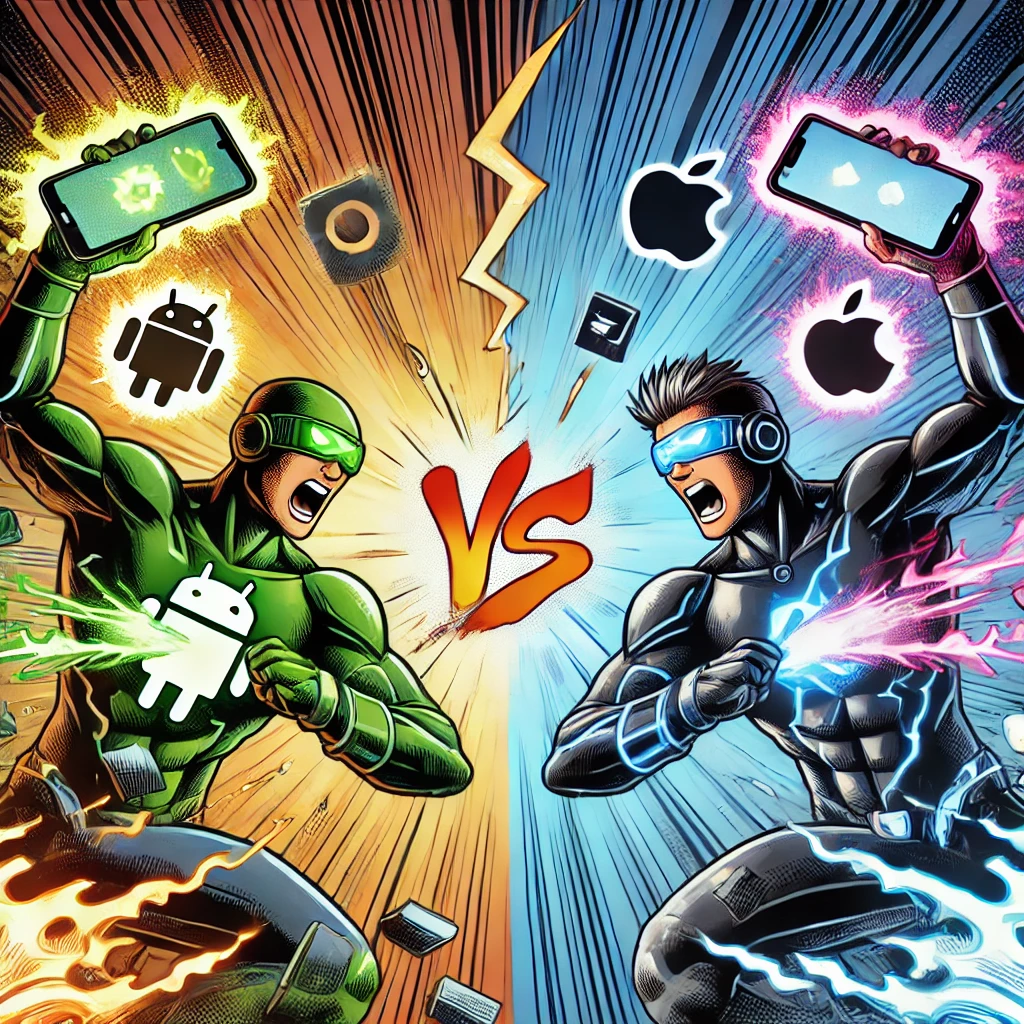
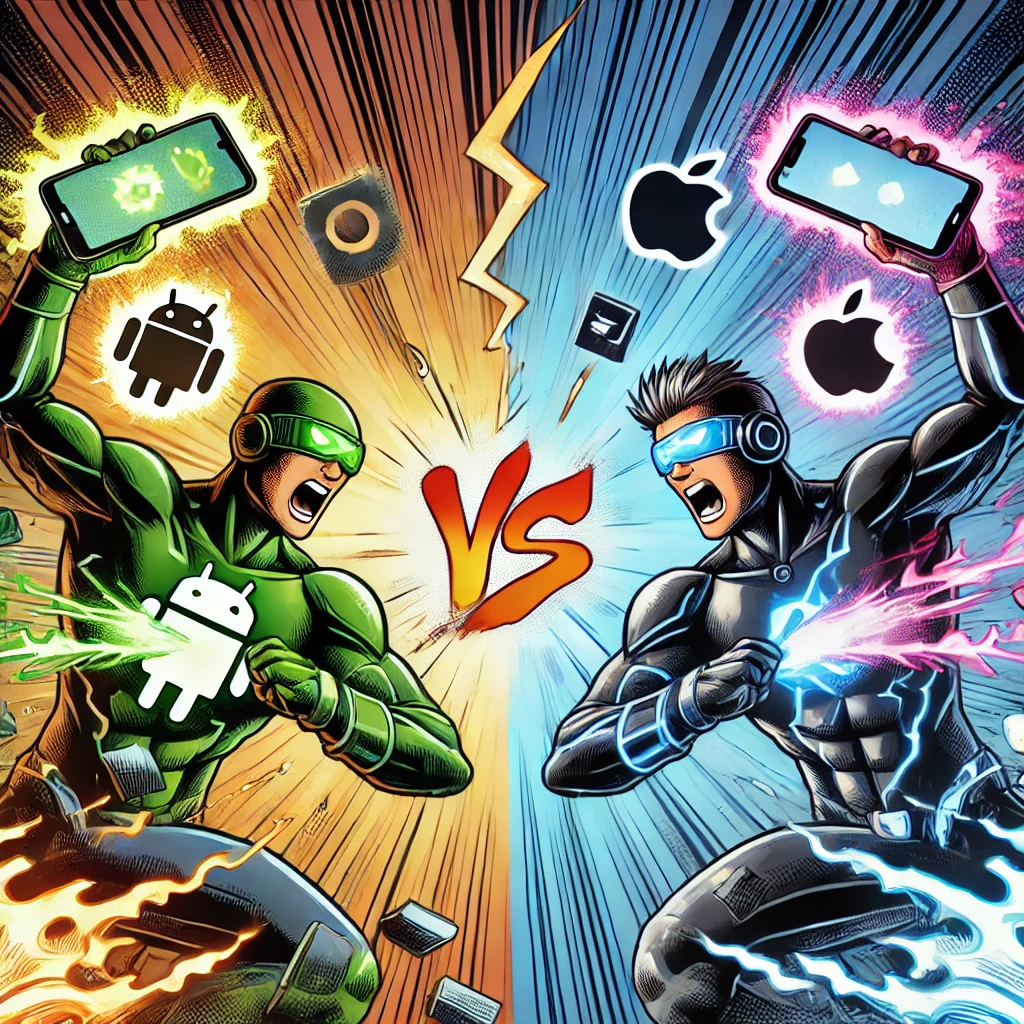
When it comes to deciding which OS is better for gaming, both Android and iOS offer unique advantages. You might find yourself drawn to Android's vast market share and its open-source nature, which allows for a wide variety of devices and games. In fact, Android users spent over $10 billion on mobile games in the first half of 2024 alone. On the other hand, iOS users often enjoy a more seamless gaming experience, thanks to Apple's tight integration of hardware and software. With iOS capturing 61% of overall consumer spending on mobile games, it's clear that many gamers appreciate the quality and exclusivity iOS offers. Ultimately, your choice between Android and iOS for gaming will depend on your personal preferences and needs.
Game Availability in Mobile Gaming
When diving into the world of mobile gaming, the availability of games on Android and iOS plays a crucial role in your experience. Both platforms offer a vast array of games, but they differ in several key aspects.
Number of Games on Android vs. iOS
If you're looking for sheer numbers, Android takes the lead. The Google Play Store boasts over twice the total number of apps compared to Apple's App Store. This includes a robust library of popular games that cater to a wide range of interests. Android's open-source nature allows developers to create and publish games more freely, resulting in a larger game library. However, this doesn't necessarily mean all these games are of high quality.
On the other hand, iOS focuses on quality over quantity. The App Store is known for its strict app approval process, ensuring that only the best apps make it to your iPhone. This selectiveness often results in higher-rated games, providing a more curated gaming experience. While the number of games might be fewer, the quality and performance on Apple iOS devices often stand out.
Variety and Exclusive Titles in Gaming
Both Android and iOS offer a variety of games, from casual puzzles to intense AAA titles. However, iOS tends to get popular apps and games first. This includes exclusive titles and subscription-based services like Apple Arcade, which offers a collection of premium games not available on Android. If you're an iPhone user, you might enjoy early access to some of the most anticipated games.
Android, with its expansive user base, provides a diverse range of games, including indie titles and experimental apps. While you might face delays in getting some games, the variety available on Google Android is unmatched. This diversity caters to different tastes and preferences, making Android a haven for gamers seeking unique experiences.
App Store vs. Google Play for Mobile Gaming
The App Store and Google Play Store each have their strengths. The App Store's stringent quality control ensures that you get a seamless gaming experience on your iPhone. This focus on quality makes Apple iOS a preferred choice for those who value stability and performance in their games.
In contrast, the Google Play Store offers a more extensive selection of apps and games. Its open nature allows for a wider range of gaming experiences, from mainstream AAA titles to niche indie games. However, this can sometimes lead to inconsistencies in game quality due to the platform's fragmentation.
Ultimately, your choice between Android and iOS for mobile gaming will depend on what you value more: the vast selection and variety of Android or the curated, high-quality experience of iOS.
Performance and Graphics in Gaming
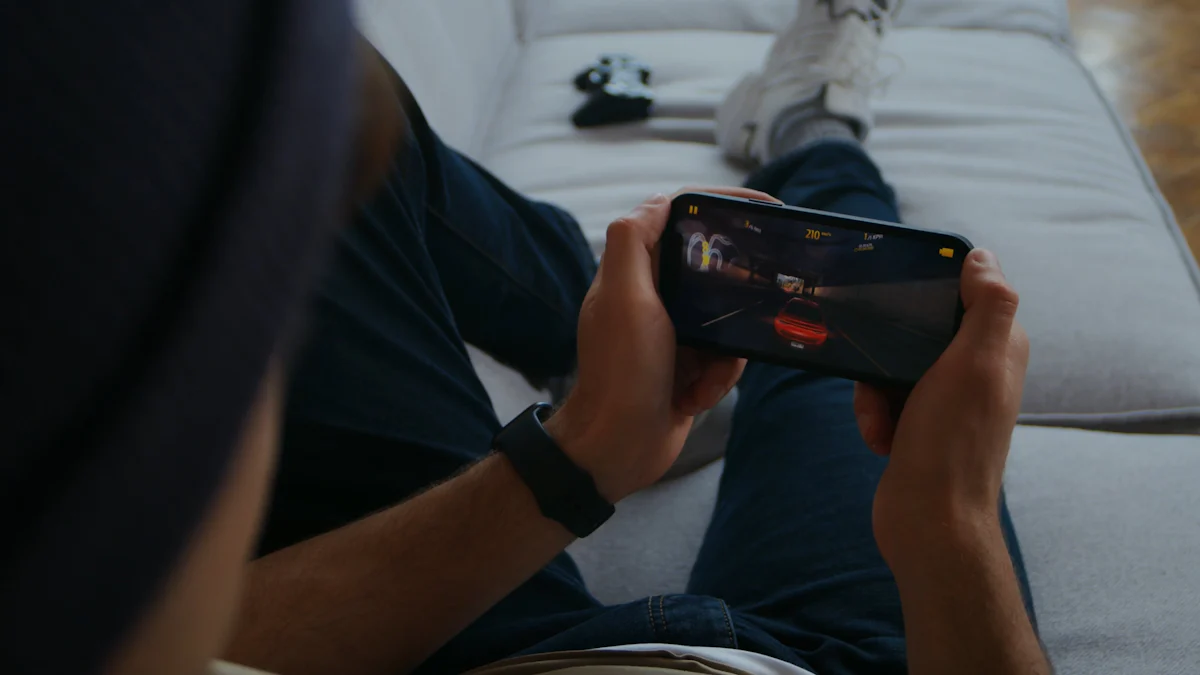
When it comes to performance and graphics, both Android and iOS offer impressive capabilities for mobile gaming. However, each platform has its own strengths that might sway your decision.
Hardware Capabilities of Android and iOS
You might wonder how the hardware of Android and iOS devices stacks up against each other. iPhone models, like the iPhone 15 Pro Max, are known for their seamless integration of hardware and software. This integration ensures that games run smoothly, providing a consistent and high-quality gaming experience. The iPhone often features cutting-edge technology, such as OLED displays and high refresh rates, which enhance the visual appeal of games.
On the other hand, Android offers a wide range of devices with varying specifications. Flagship models like the Samsung Galaxy S23 Ultra boast impressive specs, including 120Hz refresh rates and LPTO display technology. These features allow you to enjoy games at their best, even if the device isn't specifically designed for gaming. Android's diversity means you can find a device that fits your specific gaming needs, whether you prioritize performance, display quality, or battery life.
Device Variability and Gaming Experience
The variability of devices on Android can be both a blessing and a curse. With so many options available, you can choose a device that perfectly matches your gaming preferences. However, this also means that not all Android devices will deliver the same level of performance. Some may struggle with high-end games due to less powerful hardware.
In contrast, iOS devices offer a more uniform experience. Apple's control over both hardware and software ensures that games are optimized for every iPhone model. This consistency means you can expect a reliable gaming experience across all iOS devices, without worrying about compatibility issues.
Ultimately, your choice between Android and iOS for gaming will depend on what you value more. If you prefer a wide selection of devices and customization options, Android might be the way to go. But if you want a consistent and optimized gaming experience, iOS could be your best bet.
User Experience in Mobile Gaming
When you dive into mobile gaming, the user experience can make or break your enjoyment. Both Android and iOS offer unique features that cater to different preferences. Let's explore what each platform brings to the table.
User Interface and Gaming Features
The user interface plays a crucial role in how you interact with games on your device. iOS is known for its clean and intuitive design. The interface on an iPhone feels smooth and responsive, which enhances your gaming experience. Apple's focus on simplicity ensures that you can easily navigate through apps and games without any hassle. The seamless integration of hardware and software means that games load quickly and run efficiently.
On the other hand, Android offers a more customizable interface. You have the freedom to personalize your home screen, widgets, and even the way you launch apps. This flexibility allows you to tailor your device to suit your gaming needs. However, the vast range of Android devices can lead to inconsistencies in user experience. Some devices might not support certain features, which can affect how you interact with games.
Customization and Additional Gaming Features
Customization is where Android truly shines. You can tweak almost every aspect of your device to enhance your gaming experience. From changing the layout of your home screen to installing third-party apps that boost performance, Android gives you the tools to create a personalized gaming environment. This level of customization is ideal if you enjoy experimenting with different settings to optimize your gameplay.
iOS, while less flexible in terms of customization, offers a more streamlined experience. Apple's ecosystem provides additional gaming features like Game Center, which allows you to track achievements, compete with friends, and discover new games. The focus on quality and performance ensures that you get the best possible experience without needing to adjust settings.
Gannu, an expert in Android and iOS gaming experiences, highlights a key challenge: "Hardware fragmentation is the issue. I was watching some games on Google Play. You can see comments with low ratings (1 or 2) that their device won't run the game properly." This fragmentation can lead to a less consistent experience on Android, as developers can't test their games on every device available.
Ultimately, your choice between Android and iOS for mobile gaming will depend on what you value more. If you prefer a highly customizable experience, Android might be your go-to. But if you want a consistent and polished interface, iOS could be the better option.
Cost and Accessibility for Mobile Gaming

When you consider the cost and accessibility of mobile gaming, both Android and iOS present distinct advantages and challenges. Let's dive into what each platform offers in terms of expenses and availability.
Device and Game Costs on Android and iOS
When it comes to device costs, Android provides a wide range of options. You can find budget-friendly devices that still offer decent gaming performance. This variety makes Android accessible to a larger audience. Whether you're looking for a high-end gaming phone or a more affordable option, Android has something for everyone.
In contrast, iOS devices, like the iPhone, tend to be on the pricier side. Apple maintains a premium brand image, which reflects in the cost of their devices. However, this investment often translates to a more consistent and high-quality gaming experience. If you're willing to spend a bit more, you might find the seamless integration of hardware and software on iOS worth the price.
When it comes to game costs, both platforms offer free and paid apps. However, iOS users are generally more willing to spend money on apps and in-app purchases. This willingness can lead to a richer gaming experience, as developers often prioritize iOS for premium content.
In-app Purchases and Subscription Services
In-app purchases play a significant role in mobile gaming. On iOS, users tend to have higher disposable incomes, making them more likely to invest in these purchases. This trend can lead to better retention rates for games developed on iOS, as players are more engaged and willing to spend.
Android, with its larger user base, offers a vast pool of potential players. While individual spending might be lower, the sheer number of users can make up for it. Developers often release games on Android first to tap into this extensive market.
Subscription services also differ between the two platforms. Apple Arcade, exclusive to iOS, offers a curated selection of premium games for a monthly fee. This service provides access to high-quality games without ads or in-app purchases, enhancing your gaming experience. Android users can explore Google Play Pass, which offers a similar subscription model but with a different selection of games.
Ultimately, your choice between Android and iOS for mobile gaming will depend on your budget and how much you're willing to invest in apps and in-app purchases. If you prefer a wide range of affordable devices and games, Android might be your go-to. But if you're looking for a premium experience with exclusive content, iOS could be the better option.
Community and Support in Gaming
When you dive into the world of mobile gaming, community engagement and support can significantly enhance your experience. Both Android and iOS offer unique opportunities for gamers to connect and receive assistance.
Community Engagement and Developer Support
In the realm of mobile gaming, community engagement plays a vital role. iOS users often benefit from a more cohesive community due to the uniformity of Apple devices. This consistency allows developers to focus on creating high-quality apps that work seamlessly across all iOS devices. As a result, you might find that iOS games often have active forums and social media groups where players share tips, strategies, and experiences.
Android, with its diverse range of devices, offers a broader but sometimes fragmented community. The open nature of Android encourages a wide variety of apps, which can lead to vibrant communities around specific games or genres. However, this diversity can also mean that support varies depending on the device you use. Developers may face challenges in ensuring their games run smoothly on every Android device, which can impact community engagement.
Gannu, an expert in Android and iOS gaming experiences, notes, "Hardware fragmentation is the issue. I was watching some games on Google Play. You can see comments with low ratings (1 or 2) that their device won't run the game properly." This highlights the importance of understanding the nuances of each platform to deliver exceptional gaming experiences.
Customer Service and Support for Mobile Gaming
Customer service is crucial when you encounter issues with your gaming apps. iOS users often enjoy robust support due to Apple's integrated ecosystem. The App Store's stringent quality control ensures that developers provide reliable customer service. If you face any issues, you can expect timely updates and patches to resolve them.
On the other hand, Android offers a more varied support experience. The Google Play Store hosts a vast array of apps, which means that customer service can differ significantly between developers. Some may offer excellent support, while others might struggle to address issues promptly. However, the large Android community often steps in to provide solutions and advice through forums and online discussions.
Ultimately, your choice between Android and iOS for mobile gaming will depend on what you value more. If you prefer a consistent and well-supported experience, iOS might be your best bet. But if you enjoy being part of a diverse and dynamic community, Android could offer the engagement you're looking for.
When it comes to gaming, both Android and iOS have their unique strengths and weaknesses. iOS offers a seamless and consistent experience, thanks to Apple's tight integration of hardware and software. This makes it a great choice if you value quality and stability in your mobile gaming. On the other hand, Android shines with its flexibility and wide range of devices. You can customize your gaming experience to suit your preferences, making it ideal for those who enjoy tweaking settings. Ultimately, the best OS for gaming depends on your individual needs, whether it's budget, game preferences, or desired features.







